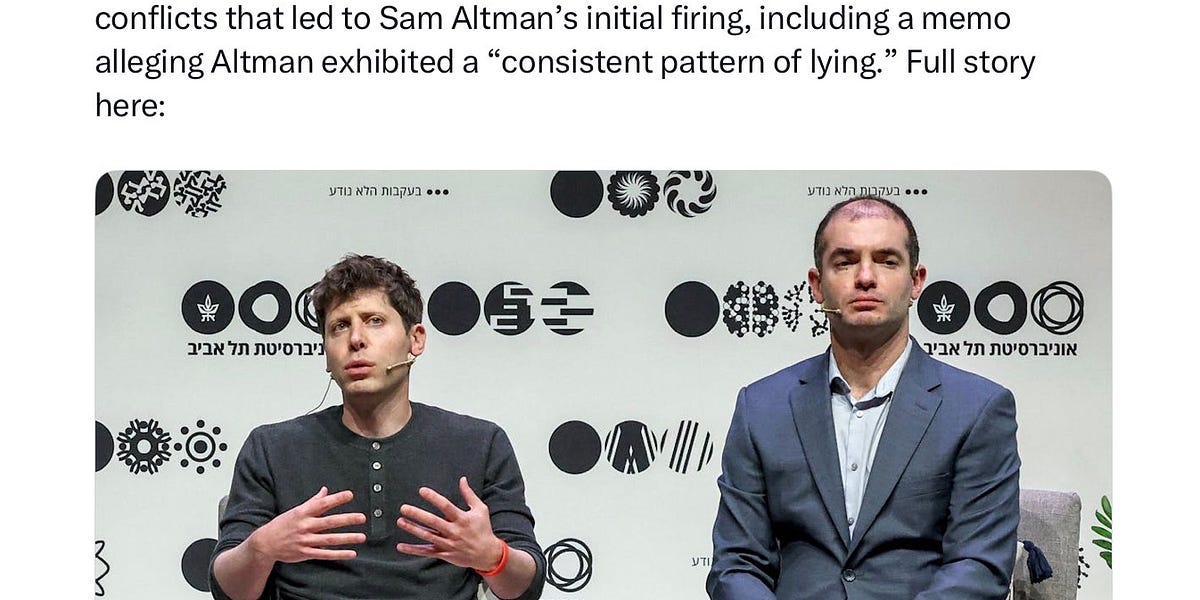I’ve been making a living as an independent app developer for over 10 years, and lately, I’ve been experiencing—quite intensely—the so-called “AI-driven work revolution” that the media often talks about.
I think the impact of AI varies greatly depending on the profession, but if you’re an engineer, you’re probably feeling the effects more than anyone else.
In other words, for better or worse, engineers are on the front lines of the societal changes AI is bringing.
It’s both terrifying and fascinating. Here are three things that come to mind immediately:
1. The Era of Mass Unemployment by AI Has Already Begun
In fields involving physical labor, we probably won’t see major changes until robots become more widespread. But in engineering, it’s already happening.
I’ve seen graphs showing the decreasing demand for engineers, and heard about big companies choosing not to hire new graduate developers anymore.
Personally, a few years ago, I used to hire freelance engineers—paying them hourly—to speed up development or to implement features I couldn’t do myself.
Now, AI handles many of those tasks in parallel, and the money I used to spend on freelancers is now going toward AI subscriptions.
2. The Advantage of Being Smart Is Disappearing
There’s a popular argument that AI is leveling the playing field—smart people used to have an edge, but now that everyone can use AI, that advantage is disappearing.
It’s similar to how physical strength used to matter more before we had machines and computers. The same is now happening with intellectual labor.
But is that really true? I often think the opposite might be happening—that the gap is actually widening between those who can effectively use AI and those who can’t.
And again, as a programmer, I feel like we’re already living this reality.
In the past, when a complex app came out, we’d say, “Wow, that’s amazing tech,” and it wouldn’t be easy to replicate. Only a top-notch engineer could build something like that.
But now, that’s changing fast. You used to need to study programming to make an app. Today, you hear stories of high schoolers using AI to create apps and earn millions of dollars.
It hit me: maybe this is what it looks like when intelligence barriers are being removed.
At the same time, engineers who have mastered AI are developing at lightning speed. Paul Graham once said the difference between a great programmer and an average one is like night and day. With AI, that difference is even more pronounced.
3. The Mental Stress of AI-Driven Work
Programming has always demanded intense focus, but working with AI creates a different kind of mental strain.
You come up with various features, tell the AI what to do, and suddenly things get done—fast. What used to take a week might now take just an hour.
If you’re using cloud-based tools, multiple tasks can be completed in parallel. Soon, you have a stack of finished work just waiting for you to review.
It feels like you’re a manager with a team of highly efficient subordinates constantly waiting for new instructions. If you don’t give them tasks, it feels like you’re wasting time—there’s this constant pressure.
You end up juggling multiple simultaneous tasks, like a department head trying to keep up, and your brain gets exhausted.
Even though AI makes things faster, you end up feeling more tired and busy. I’ve recently fallen into this trap myself because I’m so fascinated by AI-powered background agents.
So, I’ve gone back to basics and started limiting my workday by time—otherwise, it never ends.
*I've made Text-to-Speech, Money Tracker, and Timer apps. About Me.
.png)





